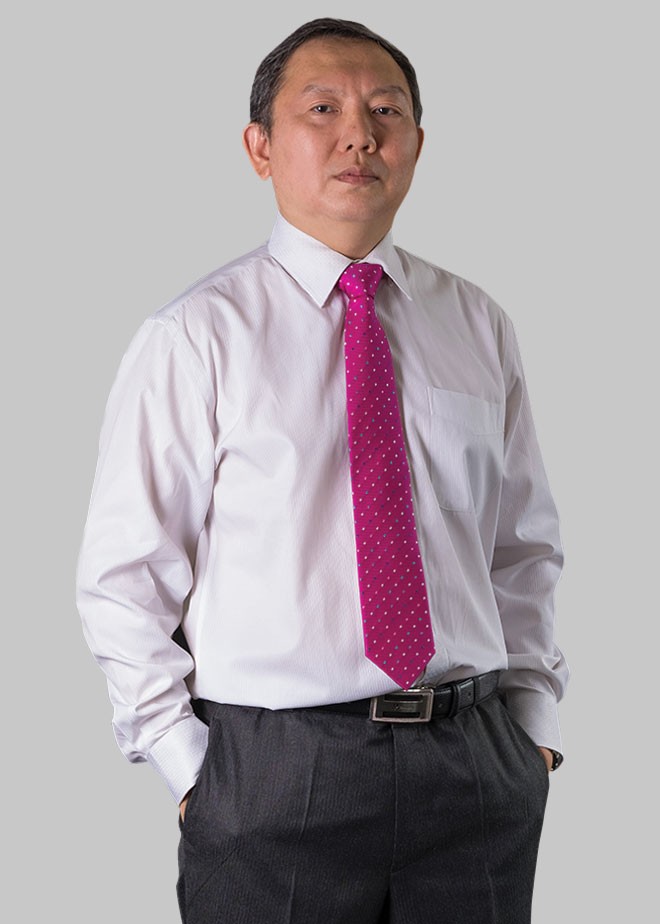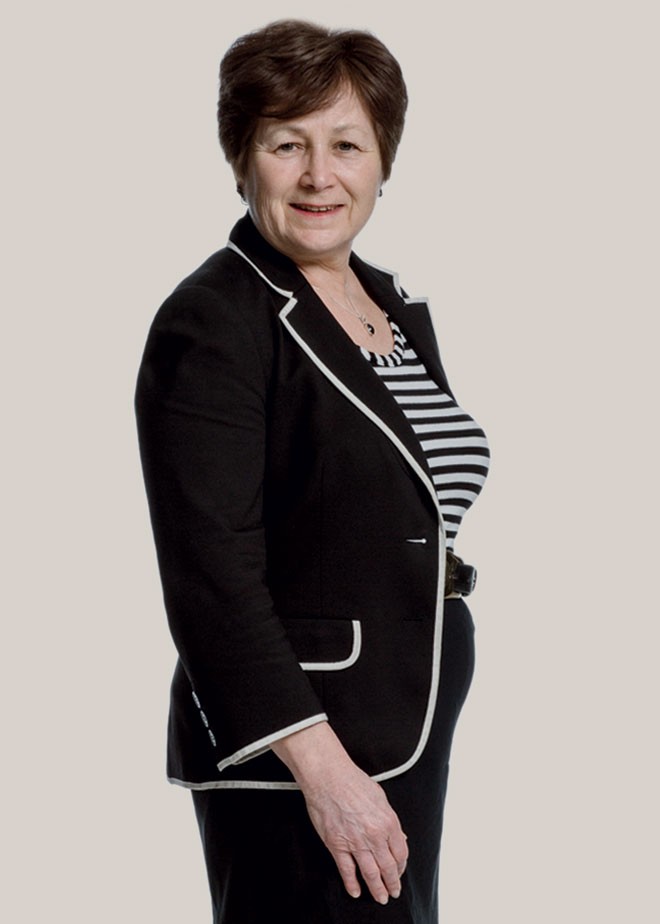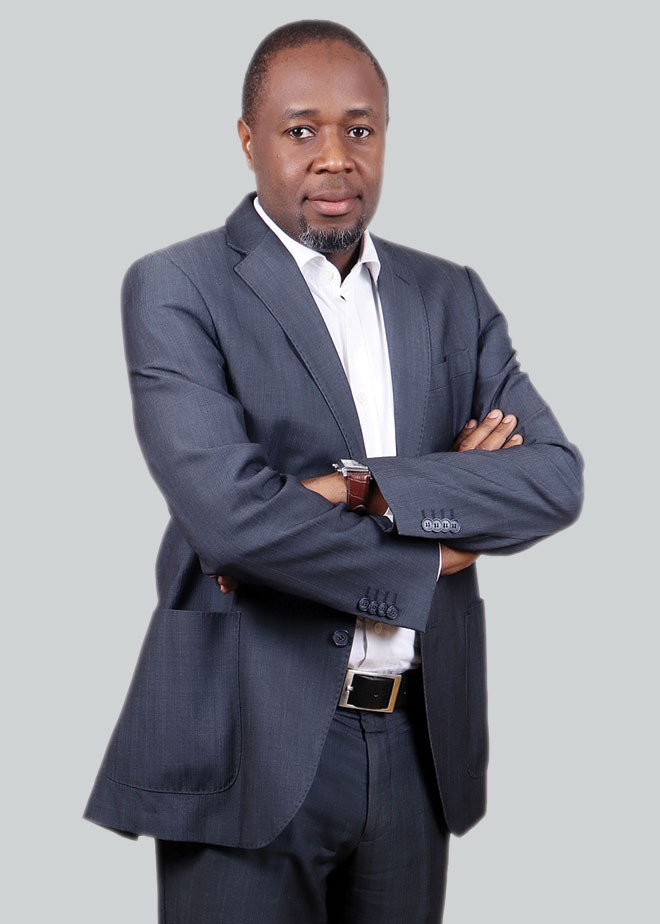
In the early days of the internet, the promise of the great things it could do was almost intoxicating. In particular, people raved about how the shiny new technology would rise up against the tyranny of time and distance, place the world’s entire library of knowledge at our fingertips, and bring people together.
That has indeed happened, but that is only half the story. What most of us did not expect was the online world’s ability to push and pull in opposite directions at the same time.
The internet boosts efficiency and productivity but is also an immense source of distraction. It nourishes us with facts and wisdom, and yet can drown us in its raging river of information, credible or otherwise. It unites and also polarises.
Surrounded by sameness
This was on the mind of former US President Barack Obama when delivering his farewell speech in Chicago in January 2017. He focused on the threats to US democracy and identified online behaviour as part of the problem.
Too many people, Obama said, found it safer to retreat into their own bubbles, whether these were their neighbourhoods, college campuses, places of worship or, especially, social media feeds – being ‘surrounded by people who look like us and share the same political outlook and never challenge our assumptions’.
‘Increasingly we become so secure in our bubbles that we start accepting only information, whether it’s true or not, that fits our opinions, instead of basing our opinions on the evidence that is out there,’ he noted.
In search of clarity
Obama’s words serve as a warning about how we conduct ourselves in the digital space. We need to be more conscious and alert in our use of the internet.
We all know that our embrace of the web and social media has altered our lives. However, some changes are less obvious because they are gradual and subtle.
I have merely vague ideas of how we ourselves are different because of our reliance on the internet and because of the habits it encourages. I am thus always eager to gain some clarity on this.
So it was a joy for me when my passion for rummaging through bargain bins at bookstores recently yielded two books offering precisely such insights.
The rules and algorithms that determine what comes up in our searches and feeds are complex and sometimes the web and social media players are not highly transparent about such matters
I try to read my books on a first-in-first-out basis – and I have a huge backlog – but I could not wait to get to The Shallows, a 2010 book by Nicholas Carr, and Eli Pariser’s The Filter Bubble, published a year later.
To me, the subtitles alone make the books irresistible. The UK edition of The Shallows is subtitled How the internet is changing the way we think, read and remember. For the US market, it is What the internet is doing to our brains.
The subtitle of the UK edition of The Filter Bubble is longish: How the new personalized web is changing what we read and how we think. The US publisher went for a snappier What the internet is hiding from you.
This is not a book review and I am not touting these titles; surely neither is the last word on the subject.
More than happenstance
It is important, though, to understand how and why information comes our way online. It does not show up onscreen by pure happenstance.
Unfortunately, the rules and algorithms that determine what comes up in our searches and feeds are complex and sometimes the web and social media players are not highly transparent about such matters.
The best solution is to be mindful when consuming information and content. We have to always be open, diligent and questioning.
We are told often to watch our food intake. Well, these days, we must also be vigilant about what we take in through our online feeds.





